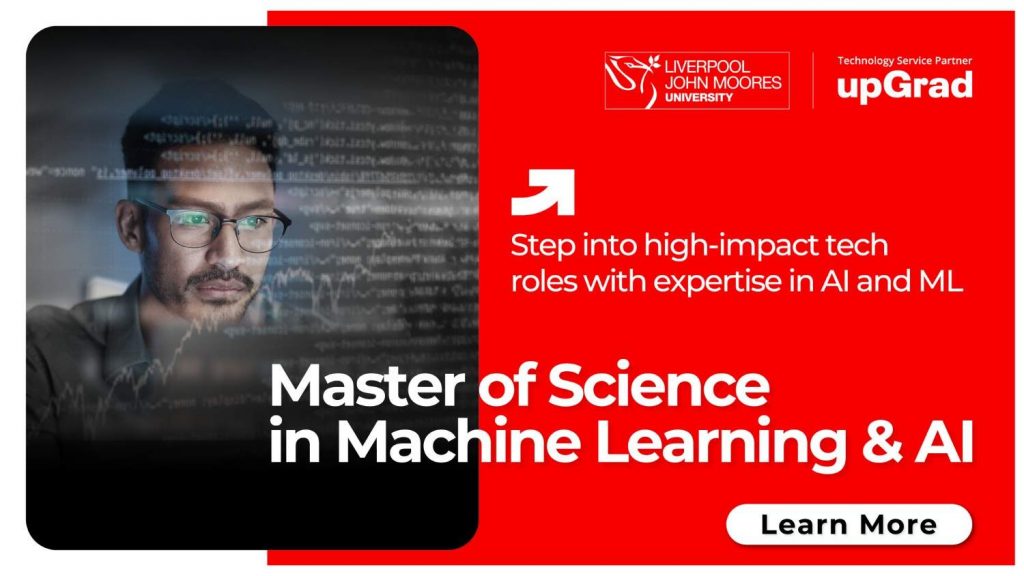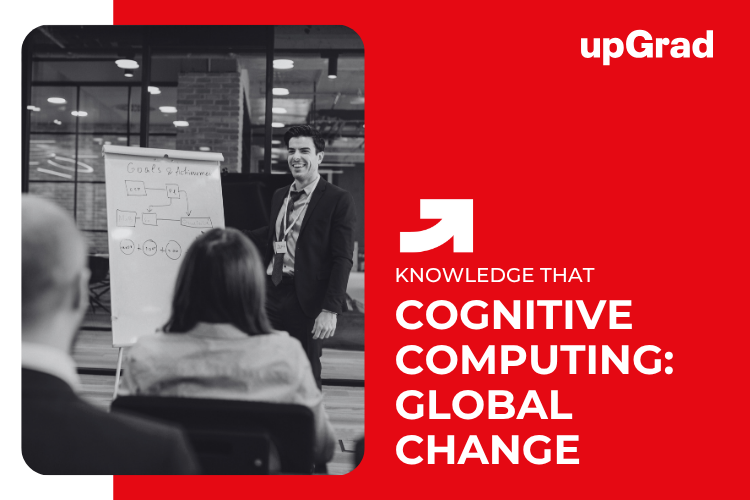In the ever-evolving landscape of technology, cognitive computing stands out as a revolutionary force. Further, it is reshaping how we live, work, and interact. Integrating machine learning with AI is a game-changer that unlocks unparalleled potential for innovative problem-solving.
Technological change is helping a lot of sectors like finance, healthcare, education, and much more. Here is everything you need to know about the transformation that cognitive computing brings to the world.
What is cognitive computing?
Cognitive computing is designed to mimic human thought processes and cognitive abilities. It further helps to solve complex problems and decision-making. AI and machine learning enable computers to perform tasks that require human-like intelligence.
Healthcare Revolution
It has brought about a new era in healthcare by providing unique capabilities for diagnostics, treatment planning, and patient care. By analyzing vast datasets, cognitive systems can identify patterns and provide insights that enhance medical decision-making. With the help of cognitive systems, detecting any abnormalities in the scans is easier. It not only saves time but also helps in early diagnosis and treatments.
Moreover, it is instrumental in personalized medicine, tailoring treatment plans based on individual patient data and genetic information. It reduces the likelihood of adverse reactions, making healthcare more precise and patient-centric.
Financial Insights and Risk Management
In the financial sector, cognitive computing transforms how institutions analyze data, manage risks, and make investment decisions. Cognitive systems can process vast amounts of financial data in real-time, assessing risk factors and predicting potential financial crises. It enables financial institutions to make more informed decisions, optimize investment portfolios, and navigate complex market dynamics more easily.
Additionally, it enhances fraud detection by continuously learning from patterns in financial transactions. This proactive approach helps prevent fraudulent activities, safeguarding the financial ecosystem and instilling stakeholder confidence.

Innovation in Research and Development
Cognitive computing is accelerating innovation in research and development across scientific disciplines. In pharmaceuticals and materials science, cognitive systems can analyze vast datasets, predict potential outcomes, and propose novel solutions. It accelerates the drug discovery process, reduces research timelines, and contributes to breakthroughs in areas critical to human welfare.
Enhanced Customer Experience
It has redefined customer interactions across various industries. Chatbots and virtual assistants, powered by cognitive technologies, can understand user behaviour and context, which further helps with interactions and improves the overall customer experience.
These intelligent systems can analyze customer preferences, anticipate needs, and provide tailored recommendations. In e-commerce, for instance, cognitive computing enables recommendation engines that suggest products based on individual browsing and purchase history, which helps with customer satisfaction and increased sales.
Conclusion
The impact of cognitive computing on the world is profound and multifaceted. From healthcare to finance, education, and beyond, cognitive computing is leading in a new era of efficiency, personalization, and innovation. As this technology continues to evolve, its transformative influence will likely expand, shaping the future of how we live, work, and interact with the world around us.
FAQs
Here are some frequently asked questions (FAQs) about how cognitive computing is changing the world:
How does cognitive computing differ from traditional computing?
Traditional computing relies on explicit programming, while it uses machine learning AI and natural language processing to help computers learn and adapt to new information and tasks without explicit programming.
What role does machine learning AI play in finance?
In finance, it can analyze vast amounts of data to detect fraudulent transactions, assess investment risks, and make data-driven investment decisions, helping organizations optimize financial operations.
Is cognitive computing changing the way we work?
It is automating routine tasks, aiding decision-making, and improving productivity across various industries, transforming how we work and interact with technology.






























